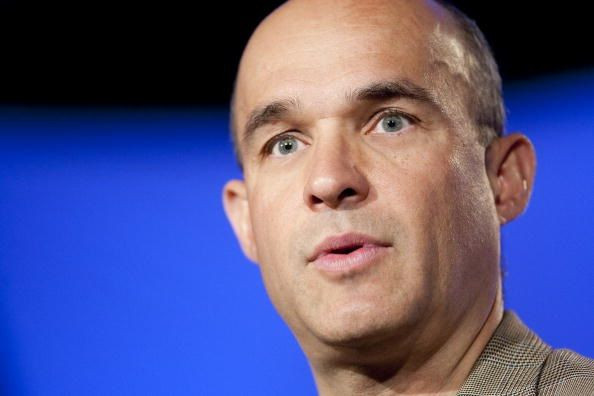TPP Treaty Update 2015: In Canada, Intellectual Property Law, Farming Threatened By Trans-Pacific Partnership

The Trans-Pacific Partnership, a trade agreement between several nations, including the U.S. and Canada, along with many Asia-Pacific countries, was one of the worst policy decisions in the nation in years, one of Canada's top businessmen said Monday. Citing challenges to intellectual property law as well as losses for Canadian farmers, business tycoon Jim Balsillie said the deal threatens to make Canada a "permanent underclass," the CBC reported.
"I'm not a partisan actor, but I actually think this is the worst thing that the Harper government has done for Canada," Balsillie, the former CEO of BlackBerry and founder of Canada's Centre for International Governance Innovation, told the CBC Monday. Balsillie repeated a criticism made by many opponents of the deal, saying that it favors U.S. standards for intellectual property, which could give U.S. companies the upper hand when it comes to innovation in medicine and technology. [Stephen Harper's nearly 10-year term as prime minister ended Wednesday.]
The Trans-Pacific Partnership is a trade agreement between the U.S., Canada and 10 other countries that sought to facilitate economic exchange between Pacific Rim countries and several international powers. The pact still needs to be approved by the legislatures of all of the participating governments before it comes into effect.
Full text of the pact was released last week to the public, causing a backlash from politicians and activists. Opponents have criticized the deal for various reasons, including environmental costs if industry is unfettered as well as an interest in protecting domestic products from being trumped by cheaper foreign ones.
The issue of competition for farmers has been a sticking point particularly in Canada, where people are self-sufficient when it comes to dairy. Australia, one of the member countries of the pact, is a huge dairy producer, and many people in Canada fear Australian farmers could flood their market with cheaper produce, putting locals out of business.
"Canada has supply management, particularly with poultry, milk and eggs, so we basically produce what we need in Canada,” Sylvain Charlebois, a specialist in food and distribution at the University of Guelph's Food Institute in Ontario, told Sputnik News Monday. “Now the Trans-Pacific Partnership would compromise the equilibrium we have between supply and demand domestically ... allowing milk from other member countries to come into the Canadian market,” said Charlebois.
© Copyright IBTimes 2025. All rights reserved.






















